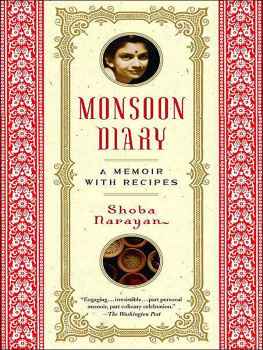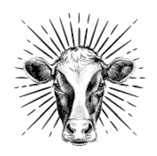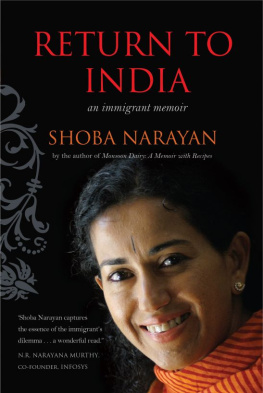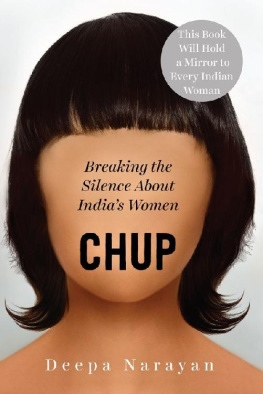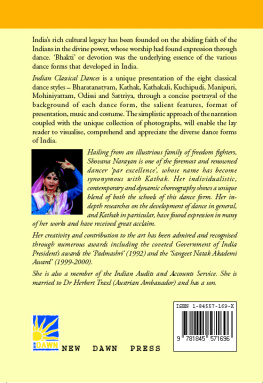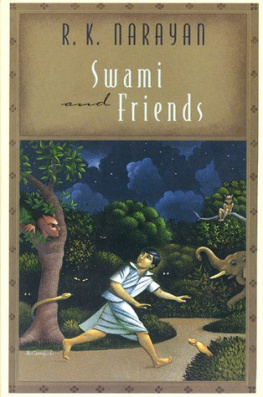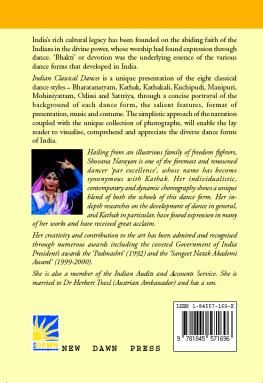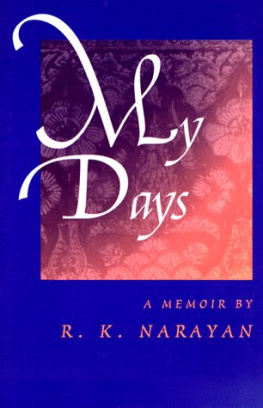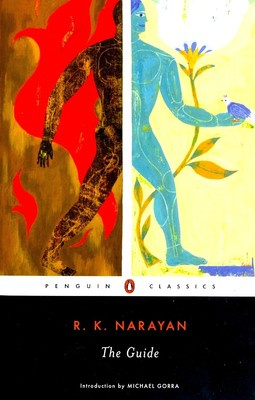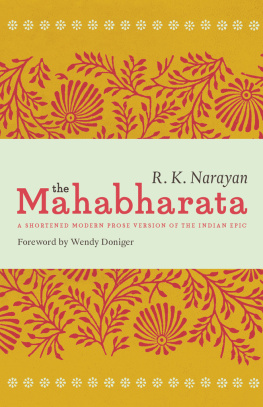Acknowledgments
WHEN WRITING a first book, it is tempting to acknowledge everyone who has meant something to you in case you never write another. I will refrain from doing that and confine my acknowledgments to those people who have helped me with this book.
This book is dedicated to my parents. Like gentle if somewhat harried shepherds, they have steered my brother and me through our chaotic lives.
My mother always believed in my writing. More important, she made me believe that I was a writer, a good one at that. Without the strength of her conviction, I could not have written this book. She has been an incredible role model and one of the biggest influences on my life and character.
My father bequeathed to me his love for the English language, instructed me numerous times to pick up the dictionary, and trained his meticulous eye over my words, but only when I asked him to. He has always accepted and loved me even when I was a foulmouthed, rebellious brat whom even I couldnt stand.
Most people experience an epiphany of sorts when they become parents. Mine was to realize how tricky parenting is, and what my parents must have gone through to raise us. After obeying them, resenting them, and rebelling against them, I have come full circle into enjoying them for who they are, quirks and all. Together they have been the sail and ballast to my ship. I have always loved them. Only recently have I started cherishing them. I hope all of this comes through in this book.
This book would never have come into being without the support and assistance of many people.
Professor Sam Freedman of the Columbia Journalism School taught me everything I know about the book-writing process. I hope I can live up to the standards he set.
In her incarnation as the New York Times restaurant critic, Ruth Reichl sowed the seeds of my career in food writing. As editor in chief of Gourmet magazine, she has continued her support. To her, I owe a debt of gratitude.
Elizabeth Kaplan championed my writing attempts and was my agent for this book. Her enthusiasm and encouragement have sustained me.
Pamela Cannon took a bet on this book and was its first cheerleader.
Mary Bahr, my editor, shaped this book with grace and charm. She knew when to cheer me on and when to let me be. Her instinct and guidance were right on target.
My brother, Shyam, is an unwitting character in this book. He has enriched my life in ways big and smalleven if I didnt think so as a child. I rely on him always.
My husband, an intensely private man, had the generosity of spirit to let me write about our marriage for the sake of this book and, by default, my career. His combination of cheerleading and critiquing has made me a better writer and a better person.
From the beginning, my in-laws, Padma and V. Ramachandran, have treated me like a daughter. I have asked them numerous questions about multiple subjects at moments when they least expected it. I am lucky to have their knowledge, wisdom, love, and support.
In the company of my two sisters-in-law, Lakshmi Krishnan and Priya Sunder, I have experienced the delights of sisterhood, something that I missed as a child. The recipes included in this book have benefited from their input and careful eye.
I would also like to thank Sybil Pincus at Random House for her attention to detail; my friend Asha Ranganathan for information about restaurants in Bombay; my Manhattan book group for helping me enjoy books, food, and martinis once a month; Janice Tannin for testing the recipes; Ann La Rue for her unqualified support in all my projects, including this one; Dave Matlow for his editorial eye and the Shoba file; my neighbors Prabha-mami, Nagarajan-Mama, Sumathi-ka, Babu-anna, Vijaya-aunty, and Nithya-uncle for giving me happy childhood memories, many of which I have written about in this book; my uncle V. R. Krishnamoorthy and aunt Lakshmi for letting us run riot through their house all summer long; my uncle T. V. Venkateswaran and cousin Sanjay Monie for lending photos from their archives; my uncle T. V. Raghuraman for his memoirs; Chhokpa and Mary for helping me in ways too numerous to list.
Writing, or, for that matter, any creative enterprise, involves the hubris of taking oneself seriously, sometimes too seriously. Last, I would like to break my rule and acknowledge two individuals who had very little to do with this book but helped immeasurably in preventing me from getting too self-involved. Like all children, my daughters, Ranjini and Malini, live with an intensity that is hard to ignore. Their smiles and demands did more than distract me from the computer; they gave me perspective.
To all those whom I have inadvertently left out, I offer my apologies and the promise: in my next book.
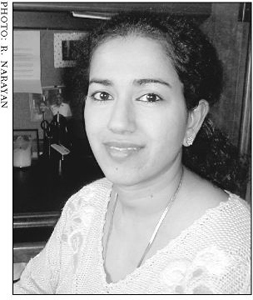
SHOBA NARAYAN is a food and travel writer and has written for a variety of publications including Travel & Leisure, Gourmet, Saveur, Food& Wine, Newsweek, House Beautiful, The New York Times, and TheWall Street Journal. She comments for NPRs All Things Considered. She is the recipient of several prestigious awards, including the James Beard Foundations M.F.K. Fisher Distinguished Writing Award and Columbia Universitys Pulitzer Traveling Fellowship. She divides her time between New York, Singapore, and India, and has recently joined the digital age by designing her own website, www.shobanarayan.com.
List of Recipes
Channa (Chickpea) Masala
Fruit Chaat
Ghee
Hot Bajjis
Inji Curry (Ginger-Tamarind Pickle)
My Fathers Coconut Chutney
Okra Curry
Panagam
Pav-Bhaji
Poha
Pongal
Potato Masala
Puris
Rasam
Shantis Olan
Soft Idlis
Thandai
Upma
Vatral Kuzhambu
Vegetable Stew
Yogurt Rice
ONE
First Foods

THE FIRST FOODS that I ate were rice and ghee. I know this because my mother told me so. I was six months old, and as was traditional, my parents conducted a formal choru-unnal ceremony at the famous Guruvayur temple in Kerala.
Choru-unnal literally means rice-eating, and the ceremony marks the first meal of a child. Typically, this is done in the presence of a priest who recites Sanskrit mantras while the parents, grandparents, and relatives tease morsels of mashed rice into the childs mouth. Few Indians speak Sanskrit anymore, and most dont understand what the mantras mean. Since the mantras are considered sacred, it is presumed that they will nudge the baby into a lifetime of healthful eating. This particular presumption must be wrong, for I know of no Indian child with good eating habits.
Indian mothers are obsessed with feeding their children, and perhaps as a result Indian kids dont eat well. When I attend parties with American families, mealtimes seem so civilized and quiet. The mothers cut up a piece of meat or a pizza into small pieces, and the kids obligingly fork it in.
Compare that with an Indian party. Mothers follow their kids around, hands outstretched with food, entreating them to eat. Fathers balance plates of food in one hand and, with the other, try to grasp crawling babies intent on escaping. Clearly, the sacred mantras have not made one iota of difference in the childrens attitude toward food. Still, having a chanting priest at any Hindu rite of passage is de rigueur, and my family, traditional as it was, complied.
My parents had chosen the Krishna temple at Guruvayur for reasons both practical and sentimental. They each had had their own rice-eating ceremony there. The temples central location made it convenient for my grandparents, aunts, and uncles to attend. More important, my parents liked the pure ambience of the temple, which admitted only Hindus into its portals, and only those that followed its strict dress code. The women had to wear saris, and the men had to remove their shirts as a mark of respect for the deity. My parents were especially delighted by the fact that the temple kept out all foreigners, even those camera-toting tourists who thought they could gain admission into ancient temples by waving a few dollars. While such bribes may have worked in other temples, not so in Guruvayur, they remarked approvingly.
Next page
